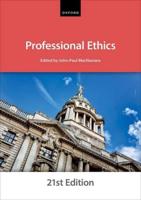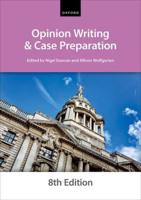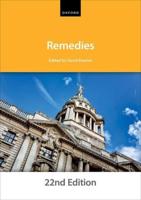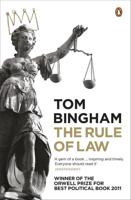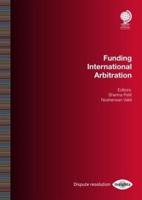Publisher's Synopsis
This historic book may have numerous typos and missing text. Purchasers can usually download a free scanned copy of the original book (without typos) from the publisher. Not indexed. Not illustrated. 1880 edition. Excerpt: ... is practically illustrated in lessons, is but uselessly loading the memory with things that may be learnt with ease and advantage at a later stage. the hearing of the lessons. repetition drilling-up. The hearing of the lessons must not, as it is generally the case, be merely considered as the means by which the master ascertains that they have been properly learnt and prepared. As pupils are apt to learn their lessons in a mechanical sort of way, a good 'drilling-up' and a careful repetition of them is necessary. Suppose even that the pupils have learnt their lesson, and know it at the moment of saying it, perhaps just in the order in which the words composing it are given in the handbook, is the teacher justified in passing, with a complacent smile, to another lesson? I think not. Many teachers are at a loss to account for the forgetfulness of their pupils, and come to the conclusion that the fault is with their memories, or that they do not bestow sufficient time and attention upon the preparation of the lessons. To be sure, there must be neglect somewhere; however, it is not always the pupil's memory that is at fault; the unsatisfactory result is often brought about by the master's carelessness in not hearing the lessons properly. The memory, especially so, that of little pupils, being generally very elastic and liable to forget words more quickly than they are learnt, a careful hearing of the lessons and their repetition is an absolute necessity. In the hearing and repetition of lessons, the following course is therefore advisable: Firstly. The vocabulary is gone through in the order in which it is given in the book, to refresh the memory of the pupils, the master giving the French and the pupils the English meaning of the words, and...

